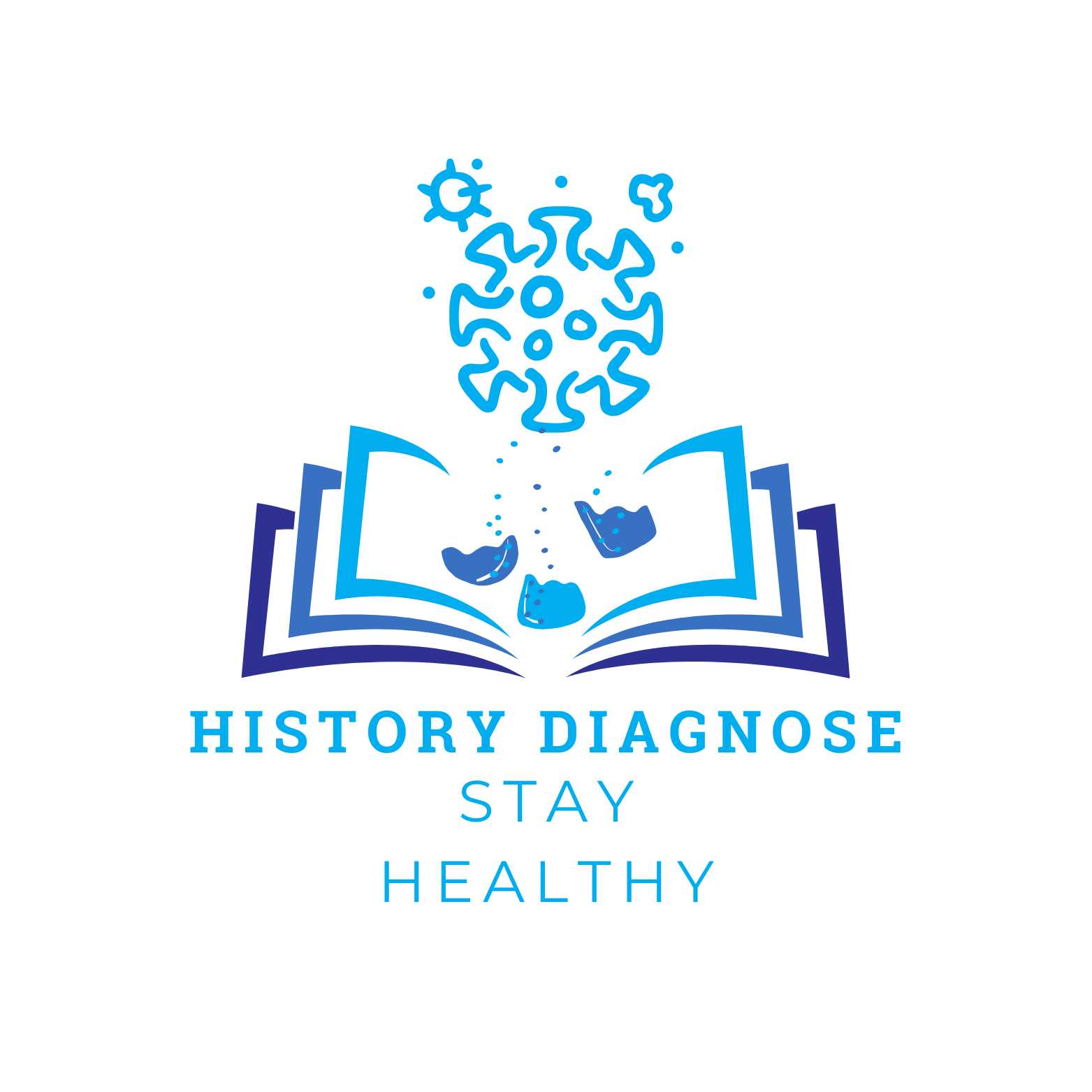Introduction:-
Stroke is a serious medical condition that requires prompt attention and appropriate management. This blog aims to provide valuable insights into stroke prevention and recovery, including the identification of warning signs, the importance of rehabilitation, and the role of lifestyle changes in reducing the risk of future strokes.
Explaining what a stroke is and its impact on the body.
Differentiating between ischemic and hemorrhagic strokes.
Treatment Options for Stroke:-
Conclusion:-
Differentiating between ischemic and hemorrhagic strokes.
Highlighting the significance of recognizing stroke warning signs.
Recognizing Stroke Warning Signs:-
Identifying common symptoms such as sudden weakness, speech difficulties, and vision problems.
Stressing the importance of acting quickly and seeking immediate medical attention.
Stressing the importance of acting quickly and seeking immediate medical attention.
Stroke Prevention Strategies:-
Discussing lifestyle modifications to reduce the risk of stroke, such as maintaining a healthy weight, exercising regularly, and managing hypertension and diabetes.
Emphasizing the importance of a balanced diet low in saturated fats and high in fruits, vegetables, and whole grains.
Educating readers about the dangers of smoking and the benefits of smoking cessation.
Emphasizing the importance of a balanced diet low in saturated fats and high in fruits, vegetables, and whole grains.
Educating readers about the dangers of smoking and the benefits of smoking cessation.
Rehabilitation after Stroke:-
Exploring the role of rehabilitation in the recovery process.
Detailing the various components of stroke rehabilitation, including physical therapy, occupational therapy, and speech therapy.
Providing guidance on finding the right rehabilitation programs and professionals.
Detailing the various components of stroke rehabilitation, including physical therapy, occupational therapy, and speech therapy.
Providing guidance on finding the right rehabilitation programs and professionals.
Lifestyle Changes for Stroke Recovery:-
Discussing the significance of ongoing lifestyle changes for individuals who have experienced a stroke.
Providing practical tips for incorporating physical activity, healthy eating, and stress management techniques into daily life.
Offering advice on building a strong support network and engaging in activities that promote mental well-being.
Providing practical tips for incorporating physical activity, healthy eating, and stress management techniques into daily life.
Offering advice on building a strong support network and engaging in activities that promote mental well-being.
Treatment Options for Stroke:-
Exploring the various medical interventions and treatment options available for stroke, including clot-dissolving medications and surgical procedures.
Highlighting the importance of early intervention and the role of specialized stroke centers in providing comprehensive care.
Highlighting the importance of early intervention and the role of specialized stroke centers in providing comprehensive care.
Post-Stroke Care and Support:-
Discussing the importance of post-stroke care and support for individuals and their caregivers.
Providing information on resources such as support groups, counseling services, and community organizations that can assist with the emotional and practical aspects of stroke recovery.
Providing information on resources such as support groups, counseling services, and community organizations that can assist with the emotional and practical aspects of stroke recovery.
Assistive Devices and Technologies:-
Introducing assistive devices and technologies that can aid in stroke recovery, such as mobility aids, communication devices, and home modifications.
Discussing advancements in rehabilitation technology, such as virtual reality therapy and robotic devices.
Discussing advancements in rehabilitation technology, such as virtual reality therapy and robotic devices.
Long-Term Effects of Stroke:-
Addressing the potential long-term effects of stroke, such as physical disabilities, cognitive changes, and emotional challenges.
Offering strategies and resources for managing and coping with these effects.
Offering strategies and resources for managing and coping with these effects.
Stroke Awareness and Advocacy:-
Promoting stroke awareness and the importance of education and public awareness campaigns.
Encouraging readers to become advocates for stroke prevention, early detection, and improved access to quality stroke care.
Encouraging readers to become advocates for stroke prevention, early detection, and improved access to quality stroke care.
Stroke prevention and recovery require a comprehensive approach that encompasses early detection, timely treatment, rehabilitation, and ongoing lifestyle changes. By raising awareness, providing valuable information, and fostering support, we can collectively work towards reducing the burden of stroke and improving the lives of those affected by it.
Remember:-
Remember:-
this blog is intended to provide general information and should not replace professional medical advice. If you or someone you know has experienced a stroke or is at risk, it is important to consult with healthcare professionals for personalized guidance and treatment.


.png)



0 Comments